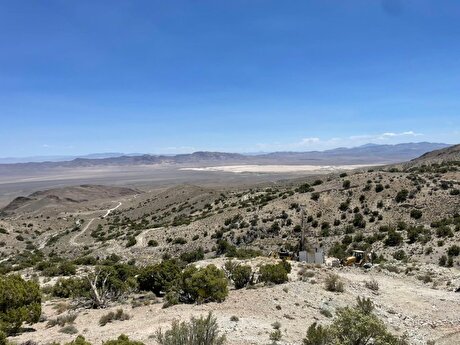
Iran, Venezuela challenging U.S. dominance, who is violating intl. law?
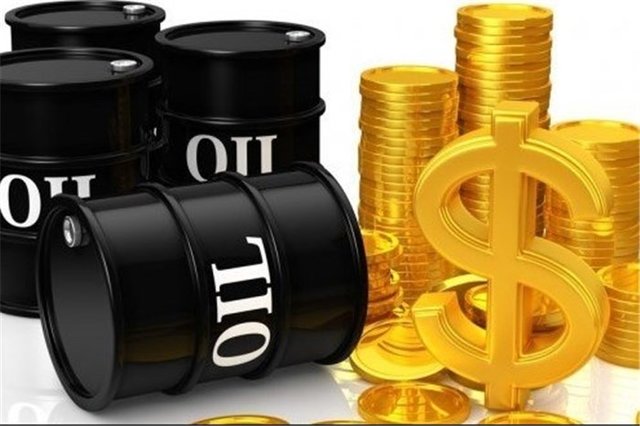
The rumors got closer to reality when last week, news agencies around the world reported that five tankers carrying Iranian fuel have set sail for Venezuela.
Angry with Iran’s bold act of defiance, Washington is reportedly considering military measures in response to Iran’s fuel shipment to Caracas, and unconfirmed reports suggest that the U.S. intends to deploy its navy to the Caribbean.
Now, considering the fact that Venezuela and Iran are both independent states and the dollar-free trade exchange between the two nations which is taking place through international free waters is completely legal, the question is under which law the U.S. is trying to interfere with a transaction that is, in fact, a humanitarian support from Iran to the Venezuelan people who are suffering in a situation that is a direct result of U.S. interference in their country. Who is violating international law?
In an interview with the Tehran Times, International Energy Expert Mahmood Khaghani answers this question.
Venezuela
The Venezuelan oil industry is targeted by severe U.S. sanctions and the country’s refineries are mostly shut down due to maintenance problems.
Earlier this month, under the U.S. pressure, the Russian state-owned oil company Rosneft, which accounted for nearly two-thirds of the country’s oil and oil products trade and a significant share of crude production, announced that the firm was ending its operations in Venezuela and selling all of its assets in the country.
The Latin American country is currently in desperate need of gasoline and other refined products to keep the country afloat amid the economic collapse resulted from the U.S. sanctions.
According to Khaghani, in recent years, the U.S. has increased its pressures on Venezuela under the claims of democracy and diplomacy, however, the U.S. is, in fact, keeping Venezuela’s oil out of the market to shift the oil prices up.
Back in June 2017, Trump announced the U.S.’s energy dominance strategy, Khaghani said, adding the U.S. sanctions on Venezuela, which has one of the biggest oil reserves in the world, is an indication that Washington is clearly imposing that policy on the global energy market.
Iran’s support
Iran, for long, has been supporting Venezuela’s independence against the U.S. unilateralism and capitalism.
The cooperation between the two countries, both of which are under U.S sanctions, expanded even more in recent years.
Last month, Iran sent several consignments of refining materials via plane to Venezuela, in order to help the country overhaul its Cardon refinery.
Earlier this month, Argus Media reported that Iran, China, and Venezuela have reached a tripartite agreement to carry out a major overhaul program for several Venezuelan refineries, including CIA and Cardon, which together have the potential to refine 75 percent of Venezuela's state oil.
Iran’s supportive acts have clearly made the U.S. very angry and Washington is looking for ways of getting back to Iran through empty accusations.
The Islamic Republic has repeatedly announced that Iran and Venezuela have had and will continue to have trade relations with each other according to international law and no country has the right to interfere with their legal trade transactions.
The U.S. interference
According to Khaghani, the U.S. is currently targeting Iran [and not Venezuela] because Iran is supporting Venezuela to keep its independence and stand against Washington interference.
“Iran is, in fact, sending humanitarian support to Venezuelan people and this is not a trade transaction but a humanitarian act.”
“The U.S. is not taking any actions against Venezuela because Washington does not want the world to see them as the “bad guy” who is blocking the help,” the expert said.
Despite the fact that, so far, there has been no evidence of violating international law by Iran and Venezuela, the U.S. president, who failed to fulfill his election obligations in 2016, is clearly trying to unleash a new conflict in open international waters, to impress the Senate before the November elections in the United States.
However, Trump should be aware that the slightest strategic mistake in dealing with Iran could end at the cost of his presidency, Khaghani said.
It is clear to everyone that Iran and Venezuela are not under United Nations (UN) sanctions and that there are no international resolutions against them, and they are only subject to the unilateral sanctions by the United States.
“Now, once again, I will ask the fundamental question of whether the legal movement of Iranian tankers in open waters is a violation of international law or the U.S. naval campaign in the Caribbean?!”


Gold price eases after Trump downplays clash with Fed chair Powell

Copper price hits new record as tariff deadline looms

Brazil producers look to halt pig iron output as US tariff threat crimps demand
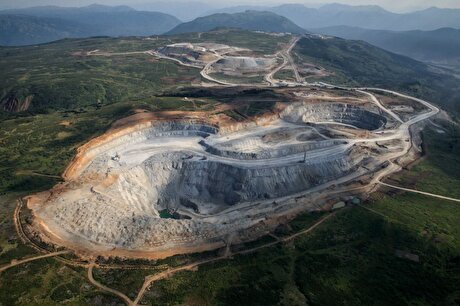
Three workers rescued after 60 hours trapped in Canada mine
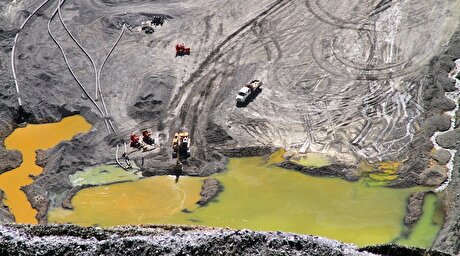
US targets mine waste to boost local critical minerals supply
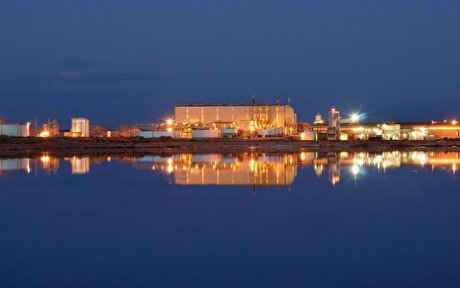
Energy Fuels surges to 3-year high as it begins heavy rare earth production

Titan Mining targets Q4 2025 to become only integrated US graphite producer
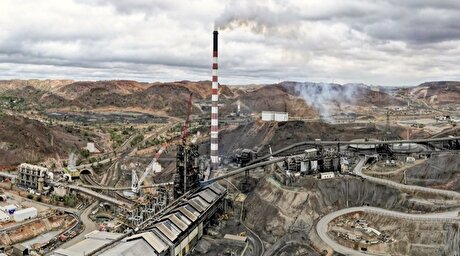
Glencore workers brace for layoffs on looming Mount Isa shutdown

Gold price could hit $4,000 by year-end, says Fidelity

Kinross divests entire 12% stake in Yukon-focused White Gold

Gold price could hit $4,000 by year-end, says Fidelity

Southern Copper expects turmoil from US-China trade war to hit copper

Ramaco Resources secures five year permit for Brook rare earth mine in Wyoming

Column: EU’s pledge for $250 billion of US energy imports is delusional
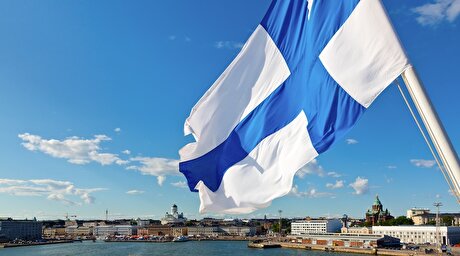
Finland reclaims mining crown as Canada loses ground

Gold price down 1% on strong US economic data
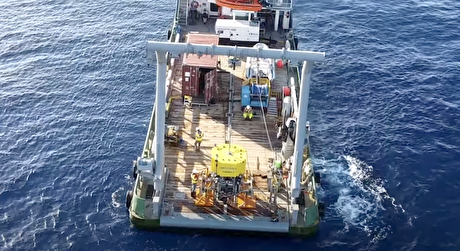
Trump’s deep-sea mining push defies treaties, stirs alarm
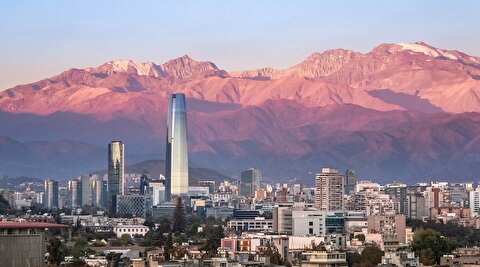
Chile’s 2025 vote puts mining sector’s future on the line
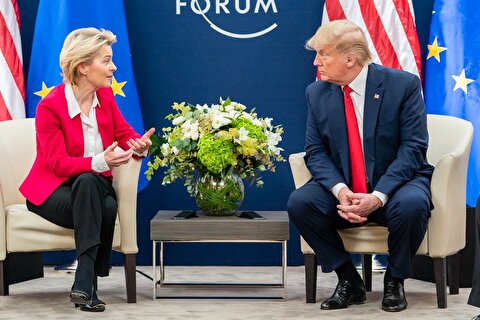
Gold price retreats to near 3-week low on US-EU trade deal

Gold price could hit $4,000 by year-end, says Fidelity

Southern Copper expects turmoil from US-China trade war to hit copper

Ramaco Resources secures five year permit for Brook rare earth mine in Wyoming

Column: EU’s pledge for $250 billion of US energy imports is delusional

Gold price down 1% on strong US economic data

Trump’s deep-sea mining push defies treaties, stirs alarm

Chile’s 2025 vote puts mining sector’s future on the line

Gold price retreats to near 3-week low on US-EU trade deal
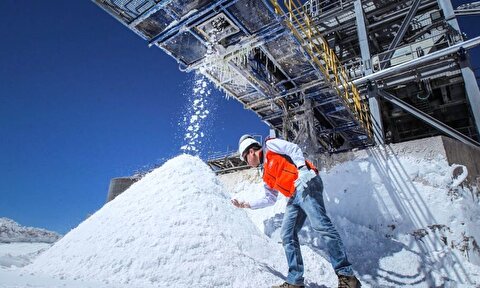
China’s lithium markets gripped by possible supply disruptions
